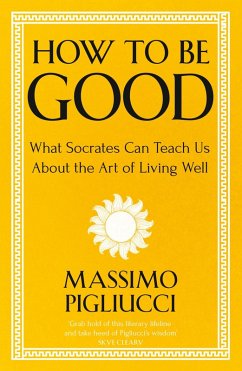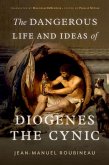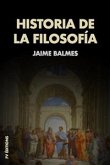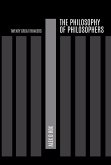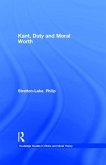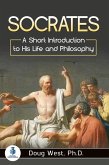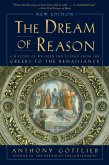Can we make ourselves into better human beings?
Can we help others do the same?
Can we get our leaders to care that humanity prospers, not just economically, but also spiritually?
These questions have been asked for over two millennia and attempting to answer them is crucial if we want to build a more just society. How to Be Good uses the story of Socrates and Alcibiades and examples from Aristotle, Marcus Aurelius and Machiavelli, alongside modern interpretations to explore what philosophy can teach us about the quest for virtue today. With a little work, day by day, we all have the power to pursue the timely and timeless art of living well.
Dieser Download kann aus rechtlichen Gründen nur mit Rechnungsadresse in A, B, BG, CY, CZ, D, DK, EW, E, FIN, F, GR, HR, H, IRL, I, LT, L, LR, M, NL, PL, P, R, S, SLO, SK ausgeliefert werden.

